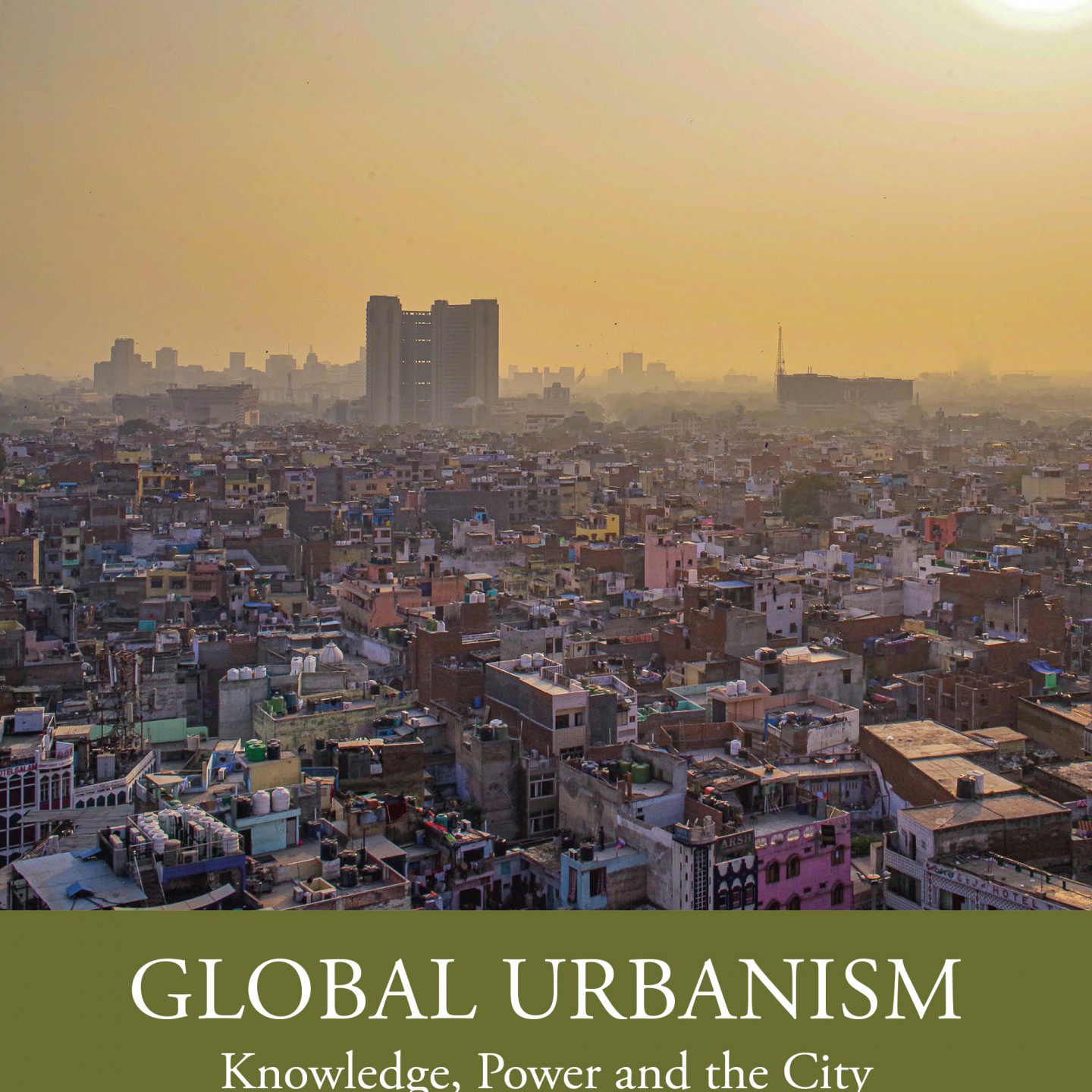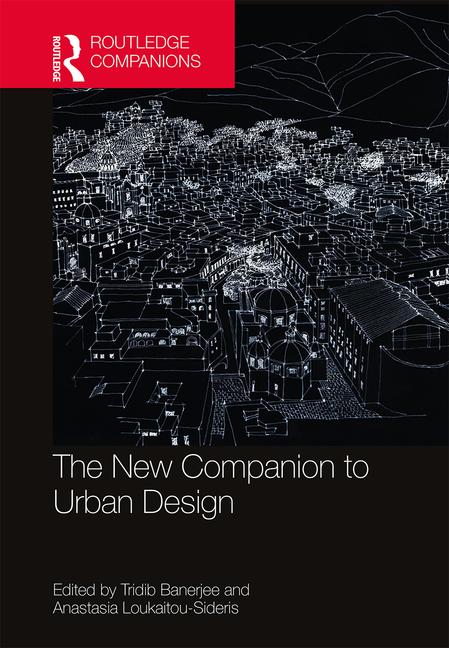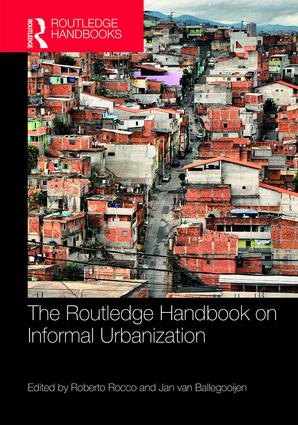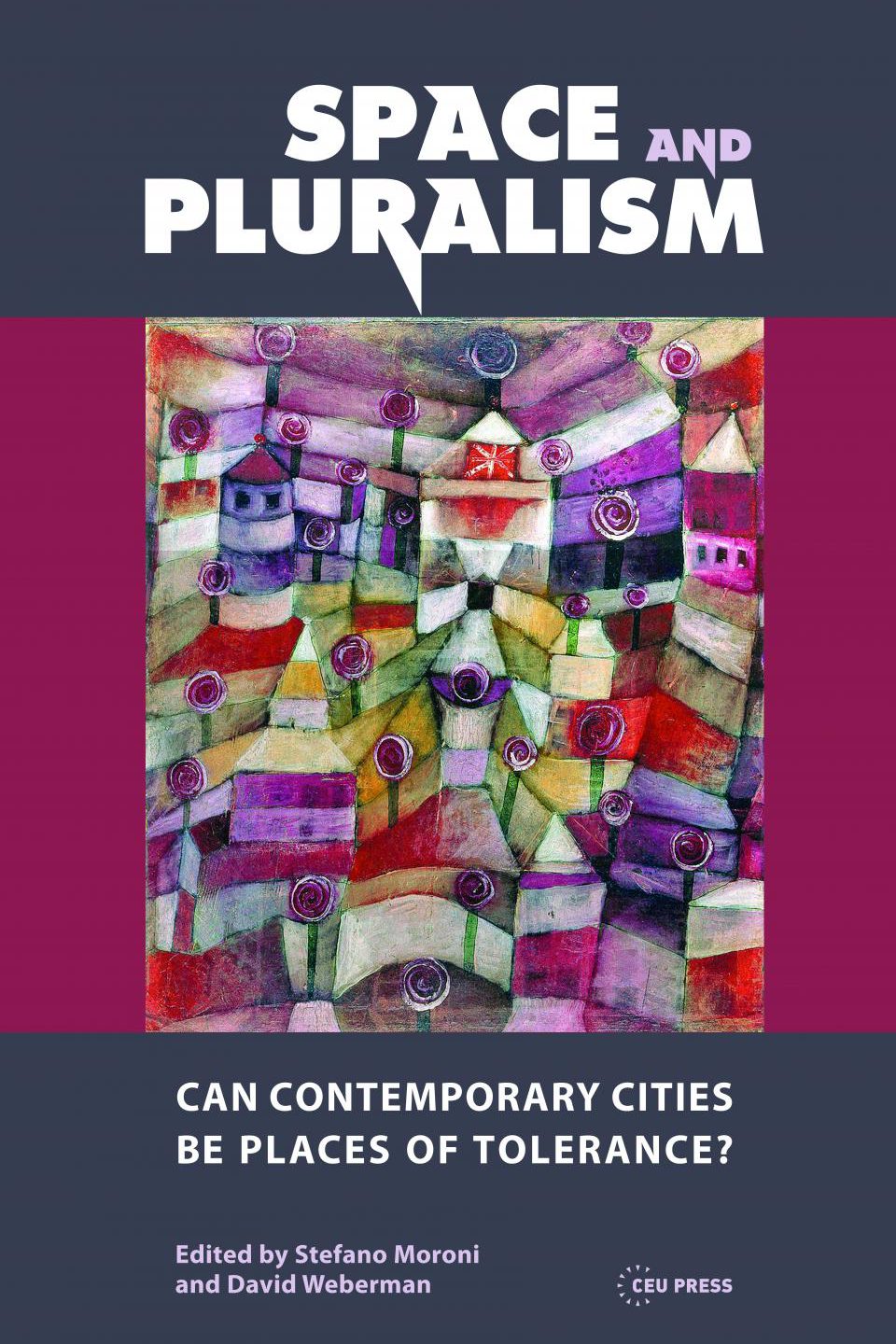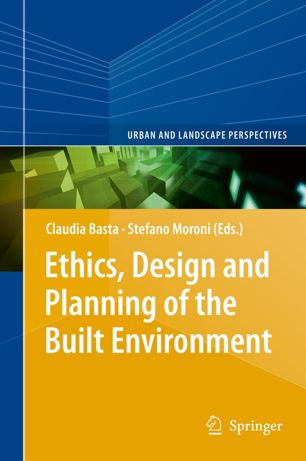Global self-urbanism
This chapter will first analyse the birth of self-urbanism and identify its constitutive features. It will then argue that one of the main implications of self-urbanism is the rise of a new institutional fragmentation that overthrows the traditional boundaries drawn by public authorities and fuels spatialised forms of unequal urban citizenship

